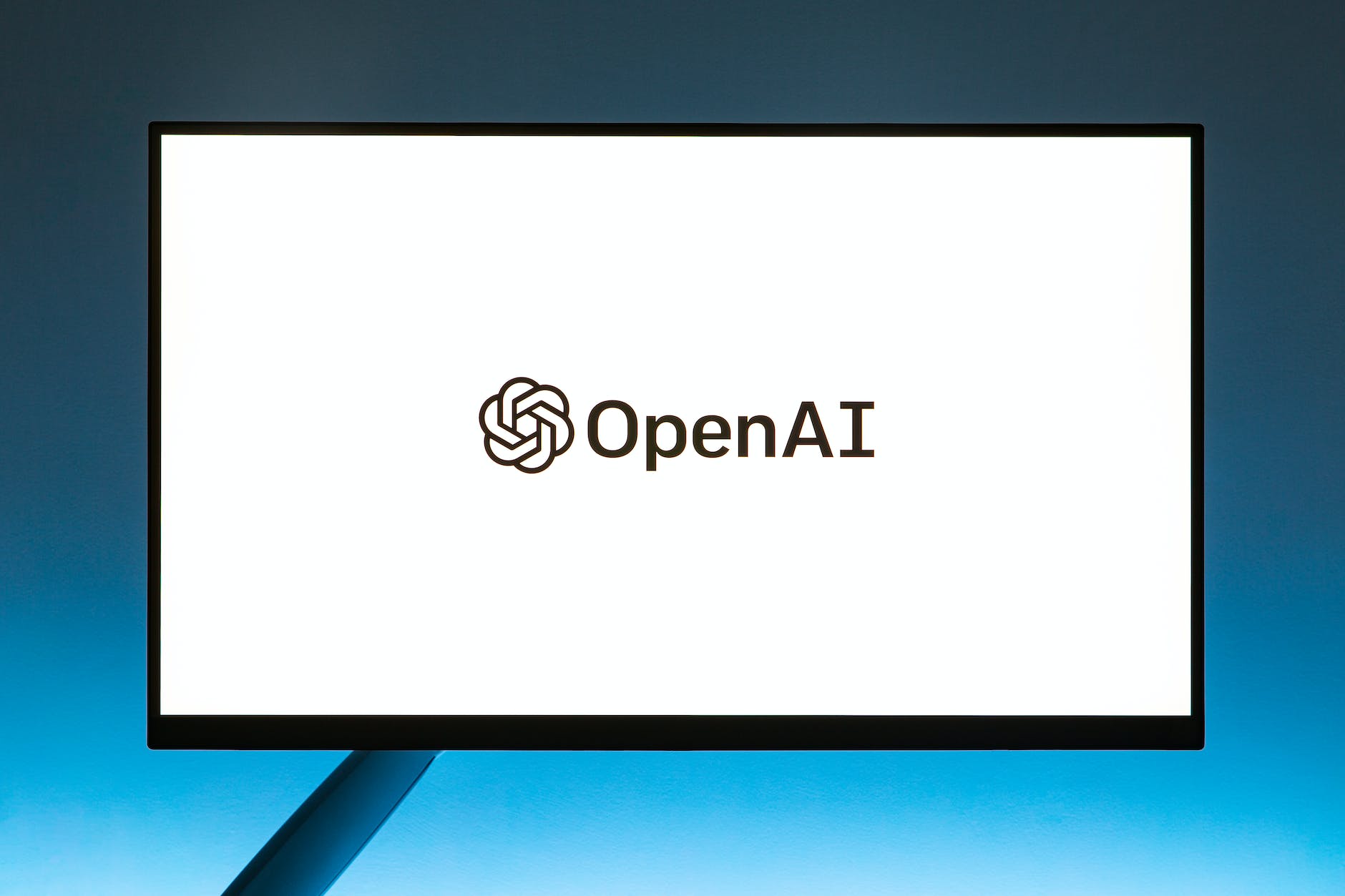Artificial intelligence (AI) has the potential to revolutionize many industries and improve our daily lives in countless ways. However, as with any new technology, there are also concerns and potential negative consequences that must be considered. In this blog post, we will explore both the arguments for and against AI.
Argument for AI:
- Increased efficiency: AI can automate repetitive tasks, freeing up humans to focus on more complex and creative work. This can increase productivity and reduce errors.
- Improved decision-making: AI can process and analyze vast amounts of data much faster than humans, allowing for more accurate and informed decisions.
- New opportunities: AI can open up new possibilities in fields such as medicine, transportation, and finance. For example, AI-powered diagnostic tools can help doctors make more accurate diagnoses, self-driving cars can reduce accidents and traffic congestion, and AI-powered financial tools can help investors make better decisions.
Argument against AI:
- Job loss: Automation of repetitive tasks may lead to job loss for many people, particularly those in low-skilled positions.
- Bias and discrimination: If the data used to train an AI system is biased, the system may make decisions that are discriminatory or unfair.
- Lack of accountability: It can be difficult to hold AI systems accountable for their actions, particularly if they make decisions that cause harm.
- Security and privacy: AI systems can be vulnerable to hacking and other forms of cyberattacks, which can compromise sensitive information.
In conclusion, AI has the potential to bring about many positive changes, but it is important to be aware of the potential negative consequences as well. As we continue to develop and integrate AI into our society, it will be important to consider these concerns and take steps to mitigate them. This includes providing support for those who may lose their jobs due to automation, ensuring that AI systems are transparent and accountable, and investing in research to better understand and address the potential risks associated with AI.
